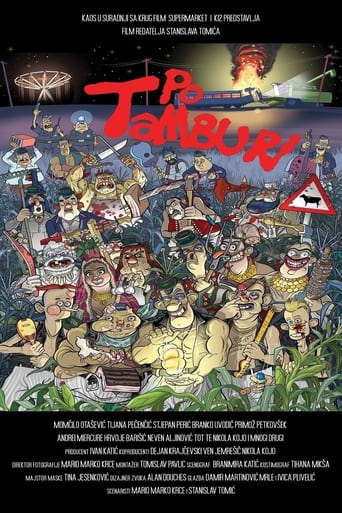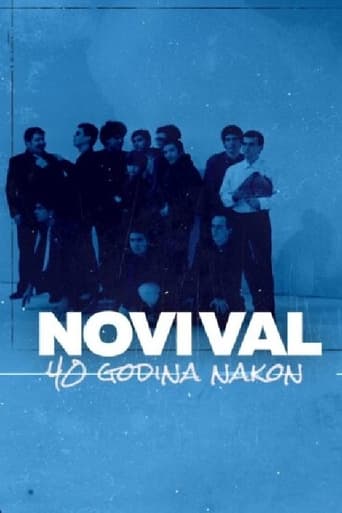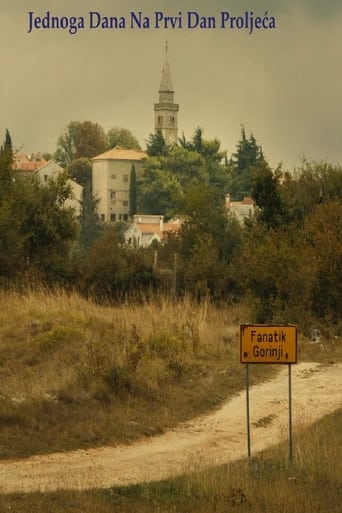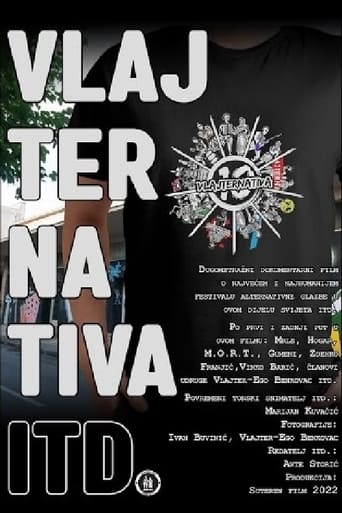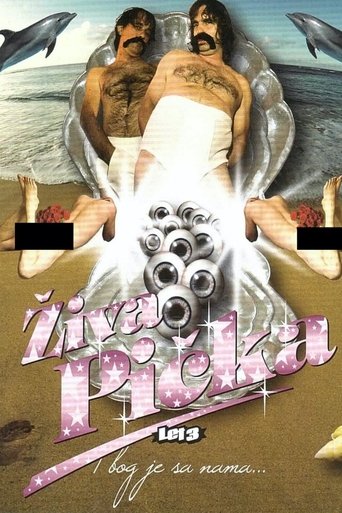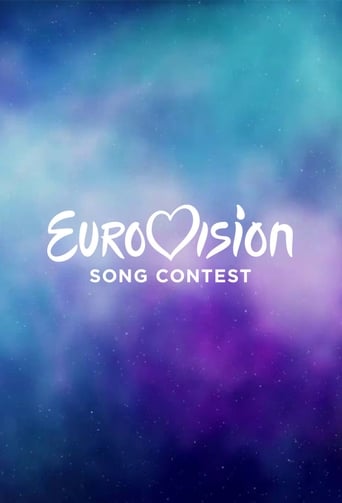2024 min 25 vues
Le Concours Eurovision de la chanson est un événement annuel organisé par l'Union européenne de radio-télévision (UER). Il réunit les membres de l'Union dans le cadre d'une compétition musicale, diffusée en direct et en simultané par tous les diffuseurs participants à la télévision, ainsi qu'à la radio et sur Internet. Appelé communément Eurovision, d'après le réseau télévisé du même nom, il a été inventé par le directeur général de la télévision publique suisse, Marcel Bezençon. Sa toute première édition a eu lieu le 24 mai 1956, à Lugano, en Suisse, avec sept pays participants. Depuis, le Concours s'est tenu chaque année (excepté en 2020, du fait de l'épidémie mondiale de COVID-19). Le nombre de pays participants n'a cessé d'augmenter, passant de sept à une quarantaine au XXIe siècle. À travers les décennies, le Concours a évolué, s'est adapté et réinventé, accompagnant les développements technologiques et musicaux, mais aussi historiques et politiques.
